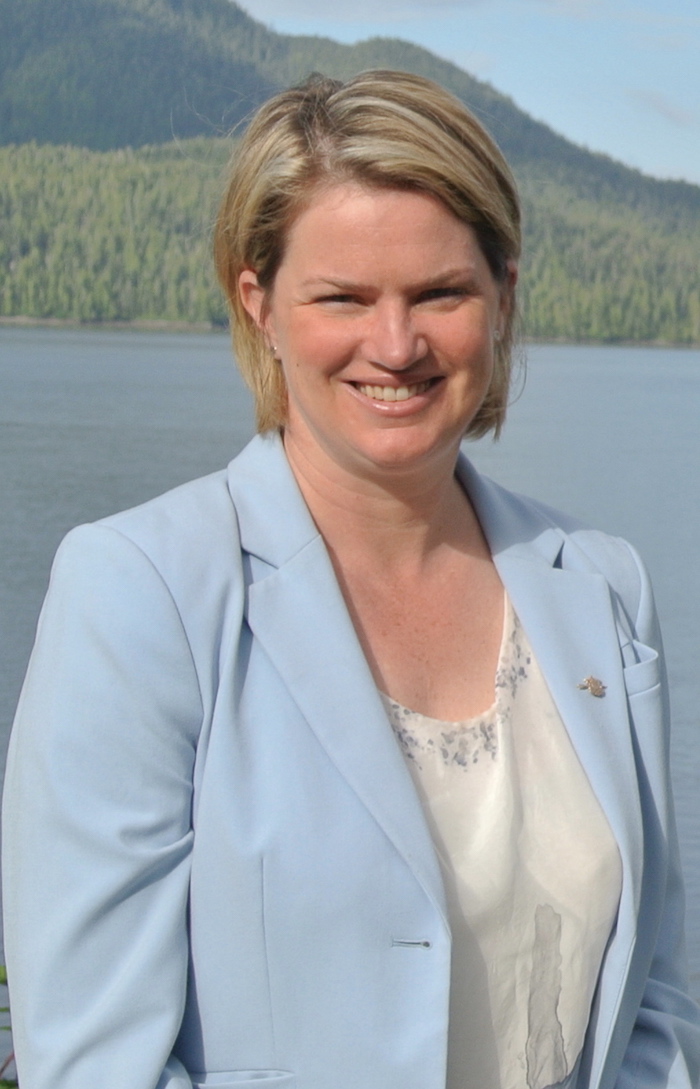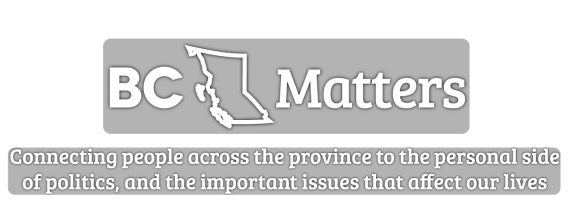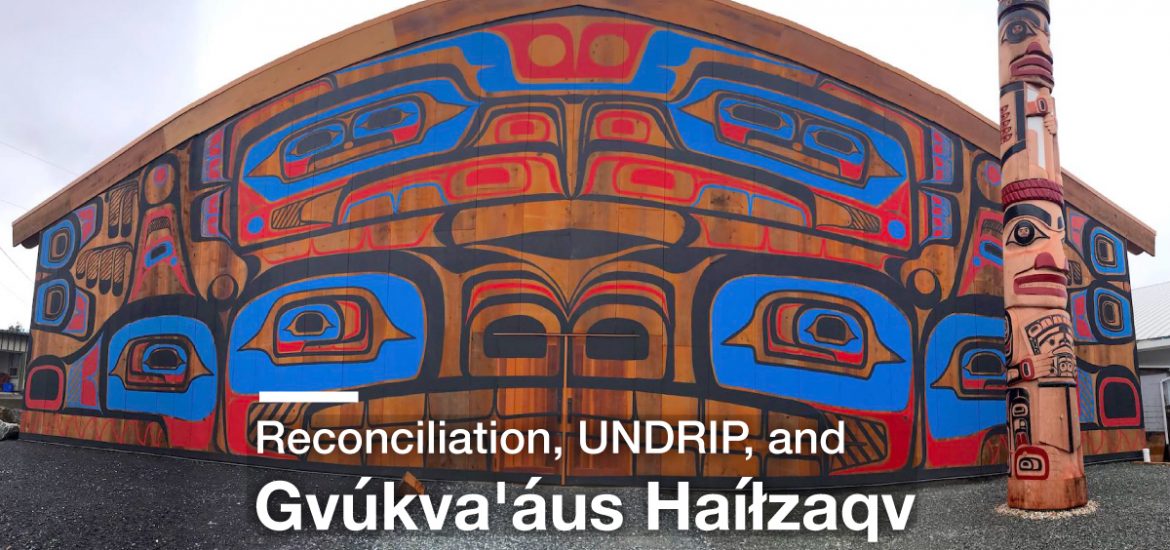
Two months ago, I had the incredible experience of attending the opening of Gvúkva’áus Haíɫzaqv, or House of the Heiltsuk, the Heiltsuk Nation’s new Big House in Bella Bella. In addition to its detailed artistry, the building is enormous, with a capacity of up to 1,000 people. As I marvelled at the magnificence and magnitude of the building—the size of which set it apart from anything else I’d personally ever seen in Bella Bella— hereditary Chief Harvey Humchitt remarked, “It feels like it has always been here.” That remark stayed with me. It symbolized the resilience of First Nations, like the Heiltsuk, in the face of systemic oppression.
The last Big House on Heilstuk territory was destroyed over 120 years ago and was almost certainly done intentionally, as a part of a wave of oppression of Indigenous peoples and their ways of life. This destruction of the Heilstuk’s place of governance is one example of how colonialism, among its many terrible legacies, worked to separate First Nations from their systems of governance and limited their capacity to intervene in the political decisions being imposed on them.
Yet, like so many other aspects of Indigenous identity that colonialism sought to erase – culture, language, lifestyle, ways of knowing – destroying the Heiltsuk’s Big House physically didn’t erase it permanently. The building was gone, but the Big House remained, only waiting to be rebuilt. The Big House, like the inherent rights of the Heilstuk, has and will always be there—in spite of attempts to erase it.
Colonialism has many negative and lasting legacies, one of which has been the destruction of the metaphorical Big House that ensured Indigenous peoples could practice and implement their inherent rights in our collective society, including the right to participate in the decisions that impact their citizens and lands. Today, we need to address this legacy and begin the important work of reaffirming these rights that colonialism has sought to take away.
Reconciliation is the project of figuring out while acknowledging the reality of unceded land, how Indigenous nations and non-Indigenous British Columbians can live together in the places we call home in a way that ensures justice and shared prosperity for all. It requires a cultural shift in the way we view our relations, as well as a legal shift in how we operate. It is only when both these aspects are addressed that we see tangible shifts forward.
That is why our government is affirming the United Nations Declaration of the Rights of Indigenous Peoples (UNDRIP) into provincial law, through legislation co-developed with the First Nations Leadership Council. This week, we passed the legislation, making us the first province in Canada to take this important step.
In addition to other concrete steps such as sharing provincial gaming revenue with First Nations, and reducing the number of Indigenous children in care, Bill 41: the Declaration on the Rights of Indigenous Peoples Act sets up a just foundation on which true partnerships with Indigenous nations can be built.
This legislation will require the government, over time and working collaboratively with Indigenous peoples in BC, to align provincial laws with the objectives of UNDRIP. It requires—of us—that the rights of Indigenous peoples to influence the decisions that impact their own lives be integrated into the way that we make decisions as a provincial government.
Our role as a provincial government is not to decide on outcomes for our relationships with Indigenous nations and communities, but to lay a just foundation on which these relationships can be built. After that, our role is to approach each unique and ongoing relationship with humility, open-mindedness, and respect. Just as Gvúkva’áus Haíɫzaqv – as a place for the Heiltsuk nation to carry out governance systems and ceremonies – will be central to the Heiltsuk’s cultural and political future, so will this legislation be central to the cultural and political future of the relationship between Indigenous peoples and the Government of B.C.
Here it is Bill 41 – Today we celebrate the historic introduction of legislation to recognize and uphold the rights of Indigenous peoples in BC.
A brighter future for Indigenous peoples, their communities, and all of us awaits. #UNDRIP #Reconciliation https://t.co/rdAVNczdn5 pic.twitter.com/LvncSK2LiL
— Jennifer Rice (@JenniferRice6) October 25, 2019

